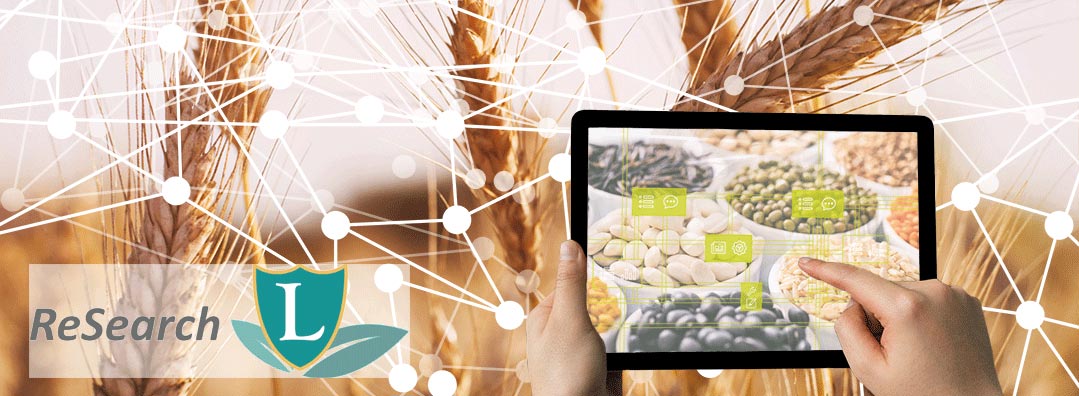
ResearchL - a Fraunhofer lighthouse project
Resilient system architecture to safeguard food production

From a risk-sensitive to risk-resistant food supply

The food industry is characterized by highly interconnected value chains of both a very local and global nature. If nothing else, the coronavirus crisis showed us that resilience to any type of disruption is increasingly becoming a decisive competitive advantage. But what does a resilient value chain look like? Just considering the supply of food and its primary products alone is not enough. It is especially important to focus on security. This means taking into account food security with its complex effects on the supply chain but, above all, including production in this assessment.
This is where the “ReSearchL” project comes into play. To date, optimization goals have focused on individual or several steps in value creation without addressing resilience as a whole in terms of relationships and influences. Researchers from the Fraunhofer Institutes want to demonstrate how status and influences on the production environment and value chain should be assessed in order to maintain production in unpredictable situations and to successfully adapt as the situation demands.
 Fraunhofer Institute for Process Engineering and Packaging IVV
Fraunhofer Institute for Process Engineering and Packaging IVV